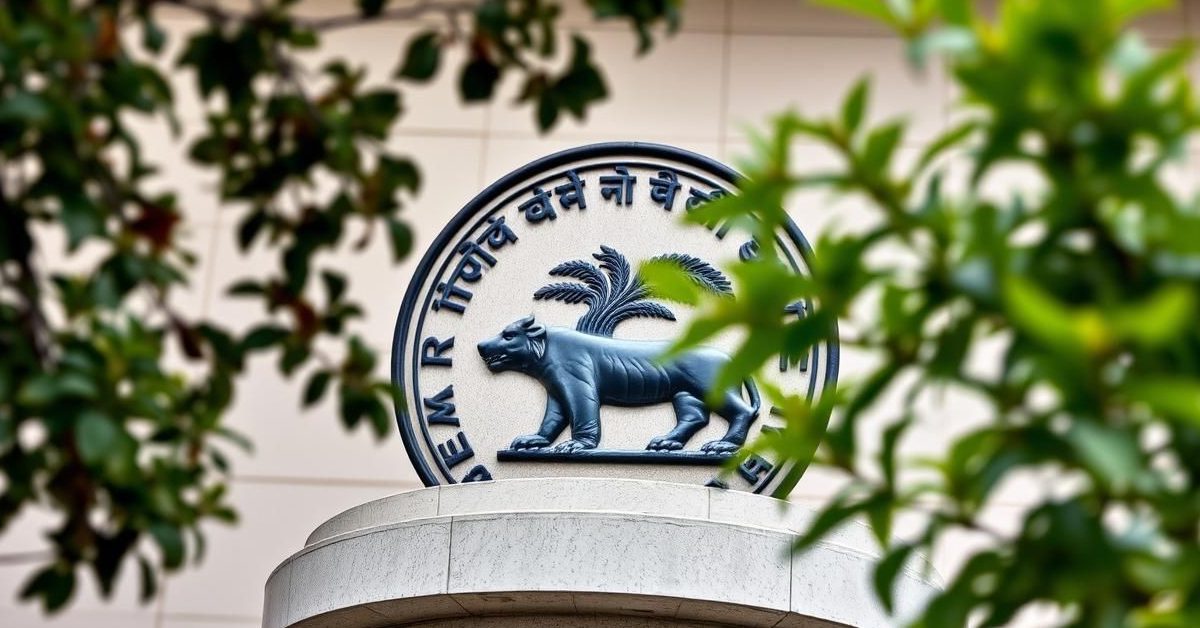CoinDCX, one of India’s leading cryptocurrency exchanges, recently experienced a significant security breach resulting in the loss of nearly $44 million, though the company confirms customer funds remain secure.
What Led to the CoinDCX Breach?
The incident, which occurred on July 19, involved a “sophisticated server breach” that compromised one of CoinDCX’s internal operational accounts. This specific account was used solely for providing liquidity on a partner exchange, not for direct customer holdings.
Investigators found unauthorized access to this operational account, leading to the attacker penetrating the liquidity infrastructure. The funds, amounting to approximately $44 million, were then routed through several channels.
The attacker primarily utilized the Solana-Ethereum bridge via Wormhole and Jupiter as a swap aggregator. Funds were moved in batches, indicating a deliberate and systematic approach. The stolen assets eventually landed in Ethereum and Solana wallets, with a significant portion still in dormant Solana assets.
CoinDCX has launched a detailed forensic investigation with two globally recognized security agencies. They have also alerted the Indian Computer Emergency Response Team (Cert-In) about the incident.
Are User Funds Truly Safe?
CoinDCX quickly contained the breach by isolating the compromised operational account. The company emphasizes that this incident’s exposure is limited solely to that account and is being fully covered from CoinDCX’s own treasury reserves.
Crucially, customer assets are held in segregated cold wallets, which are protected by multi-layer custody and offline security controls. This structural separation between operational accounts and customer wallets is designed to safeguard user funds during such events.
The exchange has confirmed that all its services remain fully operational. Trading activity, INR deposits, and withdrawals continue as normal. Smaller INR withdrawals below Rs 5 lakhs are processed within five hours, while larger withdrawals over Rs 5 lakhs take up to 72 hours.
A History of Major Crypto Security Breaches
This CoinDCX incident highlights the ongoing security challenges within the volatile cryptocurrency world. It follows other significant breaches in the crypto space.
Last year, WazirX, another major Indian crypto firm, reportedly suffered a cyberattack that resulted in the theft of over $230 million of user holdings. Globally, 2022 was a record year for crypto hacks, with more than $3.8 billion stolen, though this figure decreased to about $1.7 billion in 2023.
Some of the largest crypto hacks include the Ronin network attack in March 2022, which saw approximately $625 million stolen. In August 2021, Poly Network lost over $600 million, though most of it was surprisingly returned by the hacker. Binance, a leading global exchange, also experienced a breach in October 2022, losing an equivalent of $570 million.
- CoinDCX’s internal operational account was breached, not customer wallets.
- The company is covering the $44 million loss entirely from its own reserves.
- User funds are held in secure, segregated cold wallets with robust security measures.
- Crypto exchanges globally face persistent and evolving security threats.
As the cryptocurrency market matures, enhancing security measures remains a critical priority for exchanges and users alike.














